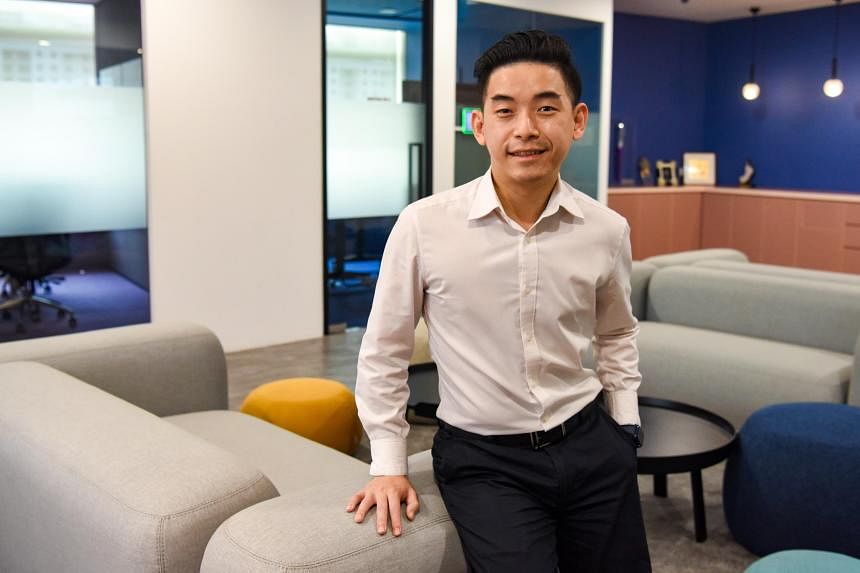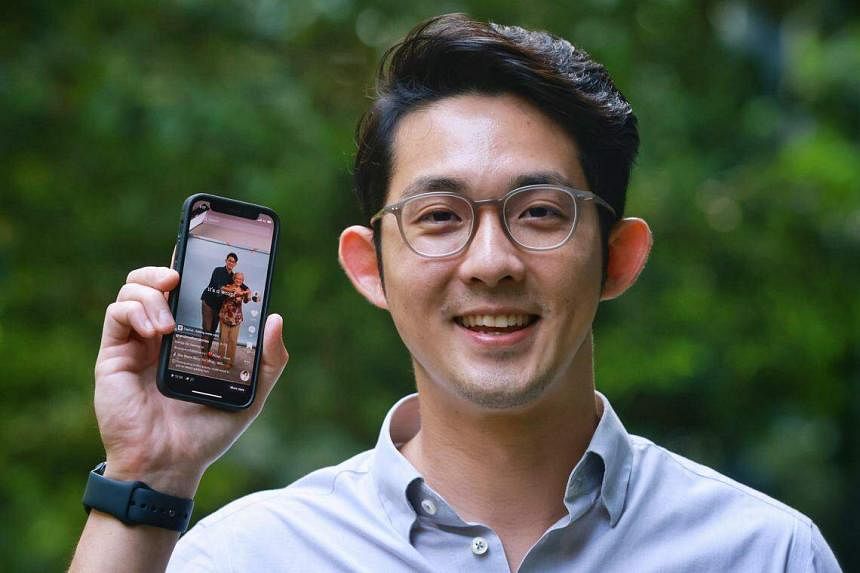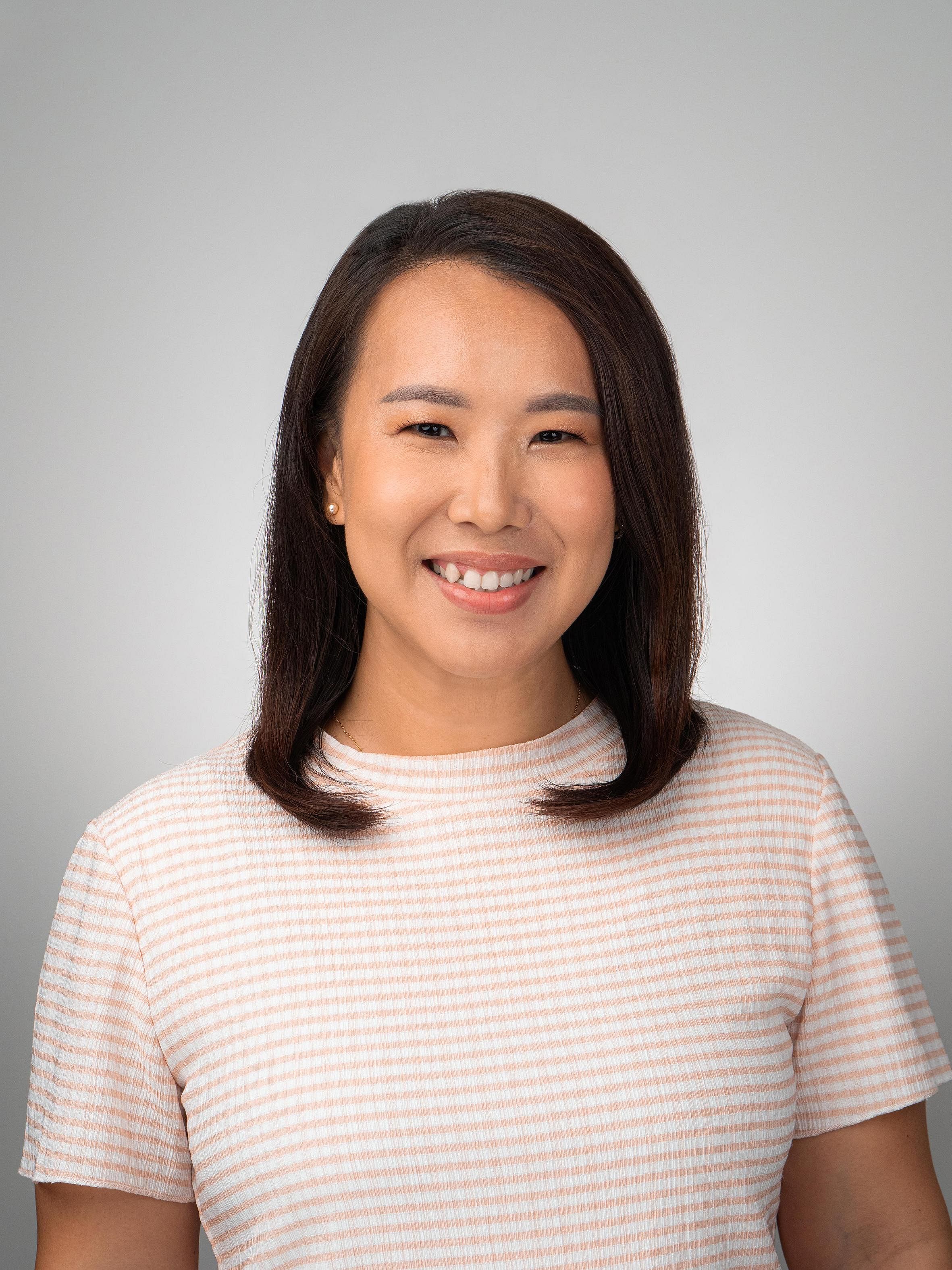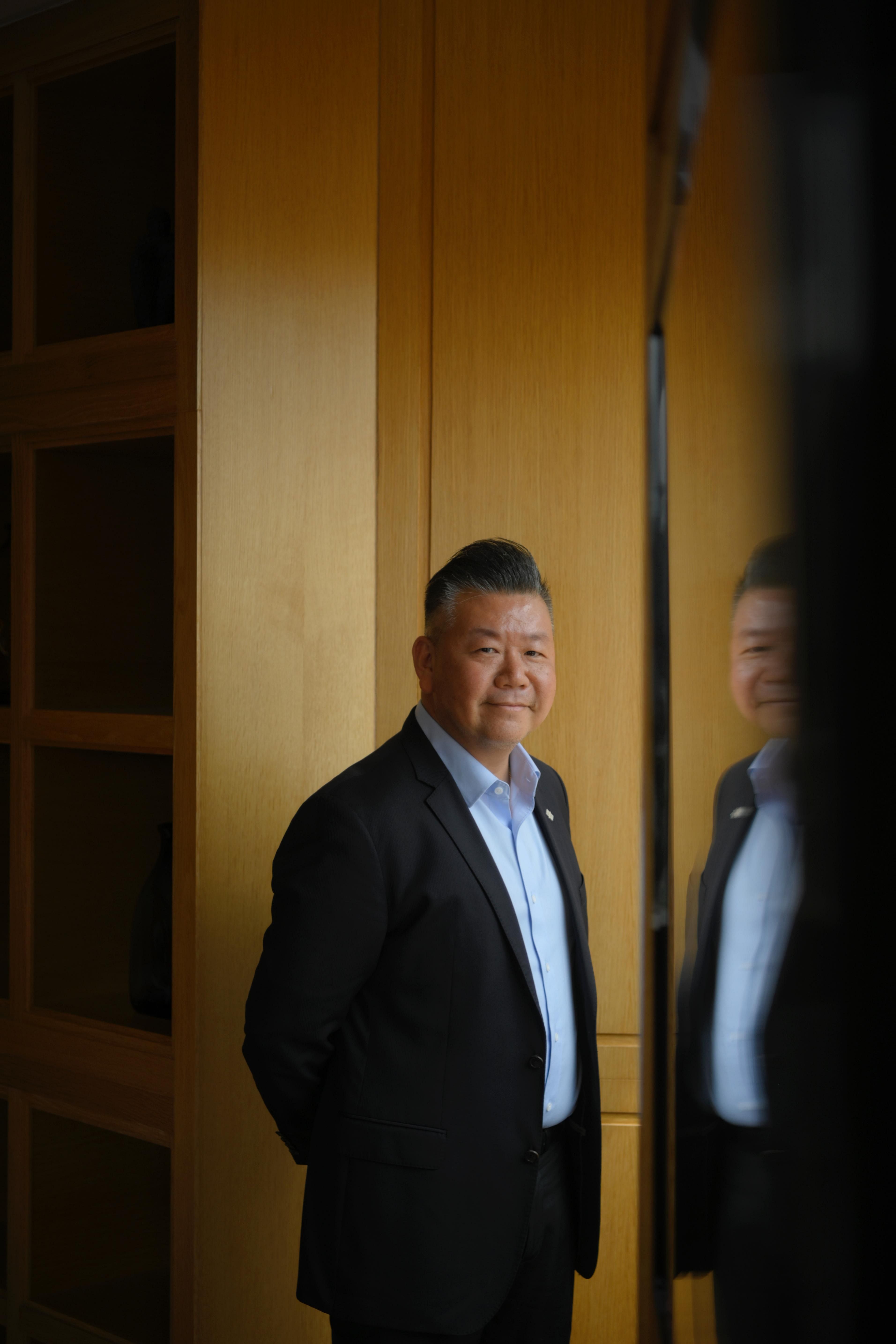To young adults who say retirement planning is challenging, financial experts say ‘Start earlier’

SINGAPORE - With rising costs of living and high interest rates, it has become more challenging for many people to cope with daily living expenses and plan for their retirement at the same time.
In a survey of 1,500 people from Singapore, Malaysia and Hong Kong, 34 per cent said it is harder today to afford daily expenses than it was two years ago. The survey was conducted in April and May by financial investment management and insurer Principal Financial Group, and the respondents were aged 16 to 86.
Debt levels for 43 per cent of the respondents have also risen over the past two years.
As a result, 51 per cent of those surveyed save less, and 43 per cent now agree that saving for retirement has become more challenging, with 34 per cent of respondents saying they do not have an emergency fund.
Young people in Singapore are facing similar challenges. A survey of 500 people aged between 16 and 34 commissioned by the National Youth Council found that only two out of 10 are confident that they are on the right track to meet their long-term financial goals.
Nearly half of those surveyed faced difficulties in sticking to a budget because of high costs of basic expenses such as food, transport, rent or mortgage, as well as unplanned purchases.
Those with families and those aged 30 to 34 struggle the most to keep to their financial plans.
With near-term priorities like house and kids, retirement planning is far from the minds of two young couples, the Wesleys and the Leongs.
Mr Eric Wesley, 29, and Ms Eileen Ong, 27, have a five-year-old daughter and another child due in September.
Mr Wesley said he and his wife will start to plan for retirement in about 10 years’ time. “Our second kid is coming, and our house is coming. The priority is our house as well as the kids.”
The couple are renting a room while waiting for their build-to-order (BTO) flat in Tengah, which should be ready within three years.
They used the maximum allowable sums from their Central Provident Fund (CPF) savings to pay for their flat, as they wanted to take a smaller loan from the Housing Board (HDB). They also intend to pay the monthly instalments using their CPF monies.
Like the Wesleys, architect and design manager Josiah Leong, 33, and Sabrina Kwang, 32 are using their CPF savings to pay for their BTO flat in Bedok South, which they recently moved into.
The newly-weds put down cash for half the downpayment, with their CPF money covering the rest of the downpayment, and their monthly instalments.
For both couples, using their CPF savings for their flats frees up their cash for other financial commitments.
“My wife and I are both working, so we still have CPF contributions even if we draw down our CPF for our flat,” said Mr Leong.
However, Ms Daphne Lye, solutions lead at financial adviser MoneyOwl, said that it is always good to keep some buffer in one’s CPF Ordinary Account (OA).
This ensures that the couple can fall back on their OA funds to service their housing instalments in the event that one of them loses their job or decides to take a break from work.
It also makes sense to leave at least $20,000 in the OA because the first $20,000 earns an annual interest of 3.5 per cent, one percentage point more than the 2.5 per cent that is paid on OA savings.
As a family’s situation changes, the ratio of cash to CPF put towards housing repayments can change over time, Ms Lye said. “For example, with a new job, more income or a big bonus, the individual can choose to use more cash and less of his OA to service his housing loan.”
Repaying instalments with more cash instead of CPF monies would allow an individual’s CPF balance – his retirement savings – to grow. But this should be weighed against putting that extra cash into investments that could yield better returns than the CPF OA’s interest rate.
The Leongs plan to start a family soon.

Mr Leong, who has been putting aside a monthly sum of about $200 to $300 towards his retirement savings through an endowment plan since his teens, now wishes he could dip into those savings for his flat and his family, but the endowment plan will only mature in 2028.
“If I were to play it back, when I was 18, I would have put more money into shorter-term, not long-term, investments,” he said.
However, an early start in drip-fed investments is exactly what Mr Abel Lim, head of wealth management advisory & strategy at UOB, endorses.
He said young investors could set up a regular savings plan, where they commit a small amount of money every month to investments like stocks, real estate investment trusts or exchange traded funds.
MoneyOwl’s Ms Lye added that the earlier someone starts planning for retirement, the smaller the amount he needs to set aside to reach his retirement goals. He can start small, with just $50 to $100 a month. He can then top up a bit more when he gets his bonus.
And starting early will allow more time for the money to grow into a bigger pot of savings, she added.
“If you aim to save $200,000 by age 60 and assuming your investment return is 4 per cent each year, if you start at age 30, you will need to set aside about $290 each month. But if you start at age 40, you need to set aside around $550 each month,” she illustrated with an example.

The target amount to save by retirement age varies according to each person’s circumstances and desired retirement lifestyle, she said.
There is another benefit to starting younger, Mr Lim said. A longer investment horizon enables an individual to take on more risks for higher returns, and if he loses money, he will have more time to recover the money he has lost.
Even if markets are volatile now, historically, the markets have shown that an investor can smooth out price fluctuations over a longer investment period, he noted.
For example, the historical average return of the stock market is 10.7 per cent, according to the S&P 500 Index. It means that the S&P 500 has given investors an average return of 10.7 per cent over the past decade.
“When markets are good, investors want to get in. When markets are bad, they want to get out. That is actually the worst course of action,” Mr Lim pointed out.

Investors with a regular savings plan will be more disciplined in their investments and not jump in and out so quickly, he added.
For young couples juggling between different financial priorities, Mr Lim advises listing down these priorities and setting aside separate “pots of money” for each. In the near term, the priority could be housing, children and daily living expenses; longer-term priorities include retirement.
Financial planning does not end here. It is important to reassess their financial situation annually or on a five-year basis to make sure they are still on track to meet their financial goals, he added.
This is because financial circumstances can improve or get worse; or priorities may change as children grow up and need less financial support, for example.
Ms Lye advised that couples should not lose track of maintaining some rainy-day funds as well.
“We advocate about 15 per cent of gross income to set aside for savings. And, build up an emergency fund with at least six months of expenses,” she added.
Young singles also need to do financial planning early, the experts said.
While they may have fewer financial concerns and responsibilities compared with a young married couple with kids, they will likely still have parents or other family members to care for.
Ms Lye noted: “Singles only have themselves, so they should really plan for their retirement because they may not have anyone – a spouse or children – to rely on in their old age.”
Mr Lim said: “Anything can happen – unemployment, health issues, accidents... The single individual therefore needs to ensure he has the right insurance protection in place.
“If you do not plan for your future, you are just planning for failure.”
Putting on his financial planner hat, Mr Wesley affirms that “we should start planning for retirement and investment early as we have a longer time horizon; with the benefits of compounding interest it ensures we have enough money for retirement”.
He will begin planning for retirement as soon as possible, so that he and his wife “can retire happily and travel round the world”.
Join ST's Telegram channel and get the latest breaking news delivered to you.










No comments:
Post a Comment